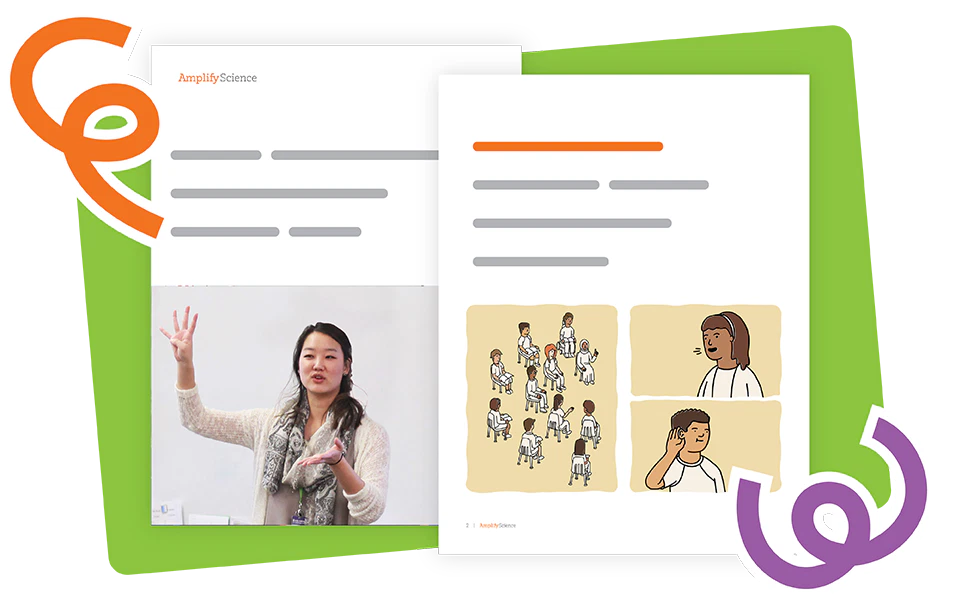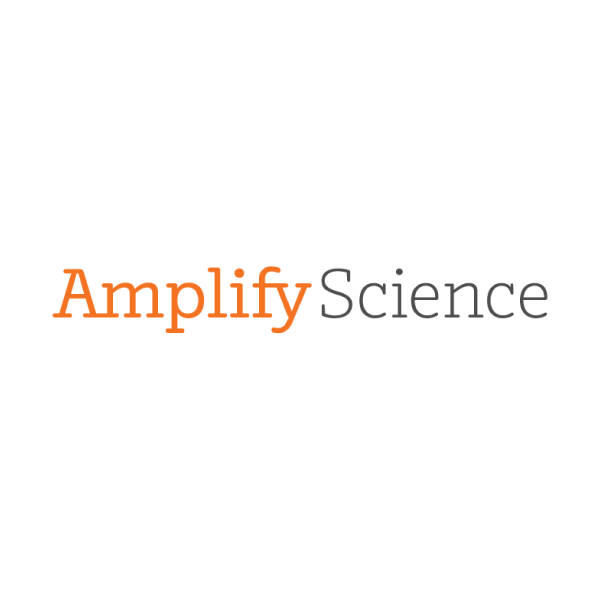
What do you get when you cross a Socratic seminar with Curie, Watson, and Crick?
A Science Seminar.
Though Socratic seminars typically take place in ELA or social studies/humanities classrooms, we also know how strongly scientific and literacy approaches can support each other.
So let’s see what magic can happen when we bring a little Socrates into science!
More than just seminars on science
As you likely know, a Socratic seminar is a method of facilitated discussion that uses open-ended questions, active listening, and collaboration to encourage deep exploration of a text or topic.
Sound perfect for science? That’s because it is!
When a Socratic seminar becomes a Science Seminar, 国产麻豆剧focus on scientific evidence and work together to answer a question and come to the most convincing explanation of a . Ideally, the teacher takes a supporting role, putting 国产麻豆剧and their ideas at the center of the discussion. In this way, Science Seminars form a powerful part of an NGSS-informed curriculum that teaches 国产麻豆剧to think, talk, evaluate, and collaborate like scientists.
The benefits of Science Seminars
Like Socratic seminars, Science Seminars:
- Build critical thinking. They encourage participants to analyze and evaluate information critically, challenging assumptions and exploring multiple perspectives.
- Provide practice in productive argument. Through structured dialogue, Science Seminars teach 国产麻豆剧to challenge each other respectfully and engage in constructive disagreements, supporting their ideas with reasoning and evidence.
- Boost literacy skills. By actively participating in discussions, 国产麻豆剧practice active listening, oral communication, and analytical thinking—all serving to enrich their comprehension, vocabulary, and overall literacy skills.
And on top of all that, they also connect to key . Specifically:
- Asking questions and defining problems.
- Analyzing and interpreting data.
- Constructing explanations and designing solutions.
- Engaging in argument from evidence.
- Obtaining, evaluating, and communicating information.
Tips for strong Science Seminars
Science Seminars are designed to be student-focused and student-led, but the teacher still plays an important role in setting 国产麻豆剧and seminars up for success. Here are some ways you can help them run smoothly and effectively:
- Set clear expectations. What’s the goal of the seminar? Make sure 国产麻豆剧know precisely what question they’re working to answer, and how they will know when they’ve answered it.
- Set ground rules. Before you start, help the 国产麻豆剧agree on how they will interact. Who has the floor? What words, phrases, and types of communication are helpful or not? What happens when 国产麻豆剧disagree?
- Involve all students. Plan in advance how more quiet 国产麻豆剧can take part. You might consider supplying conversational prompts to encourage participation.
- Take on a supporting role. Once you’ve set it all up, step back. If the conversation stalls, you might ask an open-ended question. You might also take notes—a reminder that the 国产麻豆剧are in charge and what they’re saying is important.
Free Science Seminar resource collection
We’ve created a free set of materials to help you host a successful Science Seminar. In this collection, you’ll get:
- A helpful guide that dives deeper into how to get started.
- Our top 10 Science Seminar tips for teachers.
- Talk moves for grades K–1, 3–5, and 6–8.
